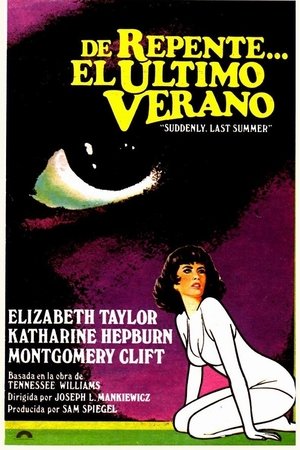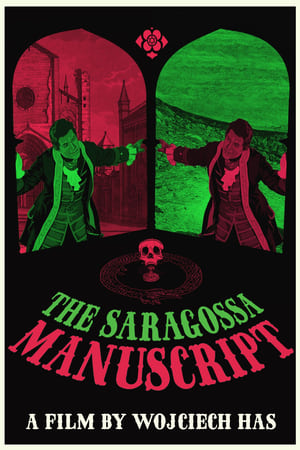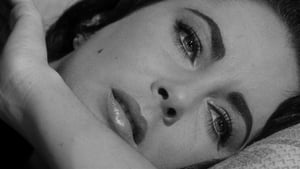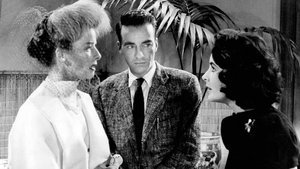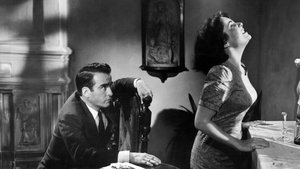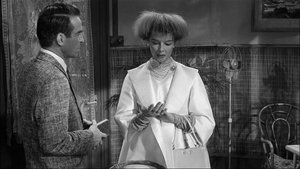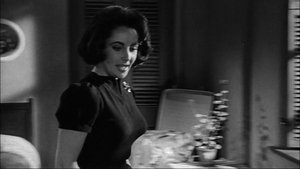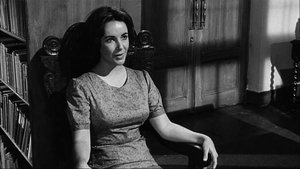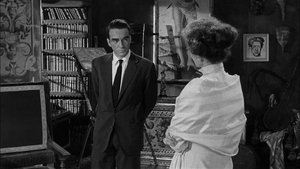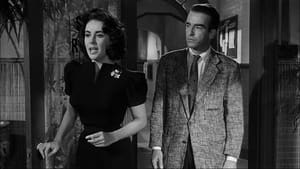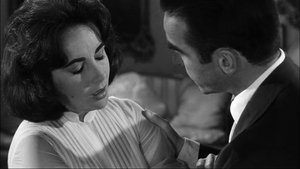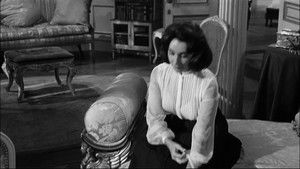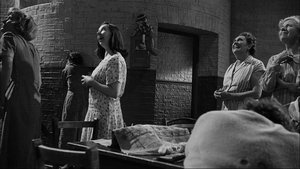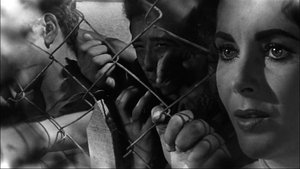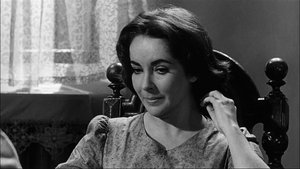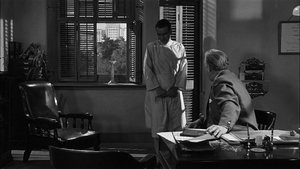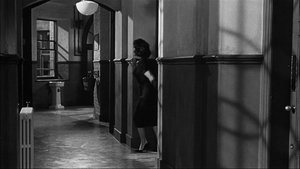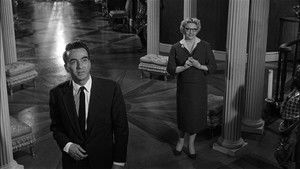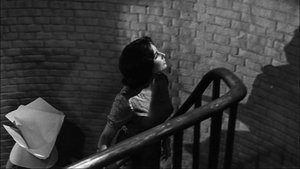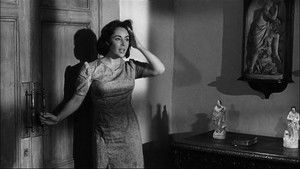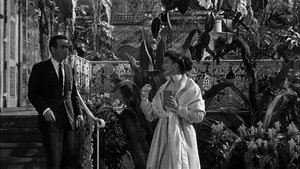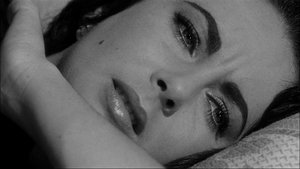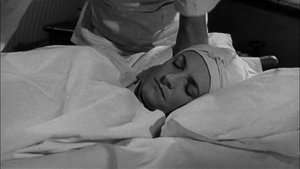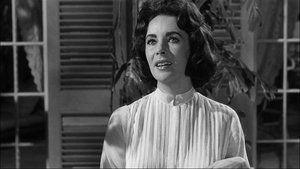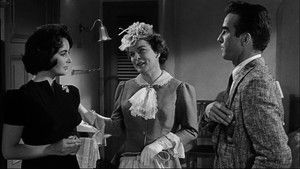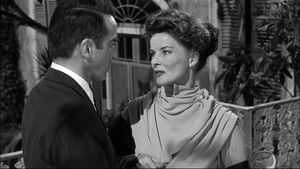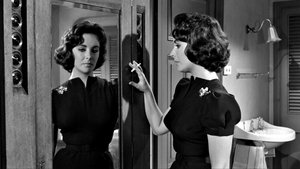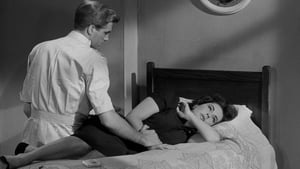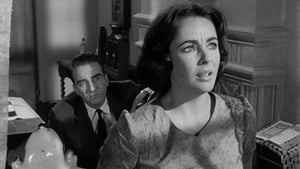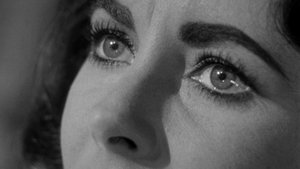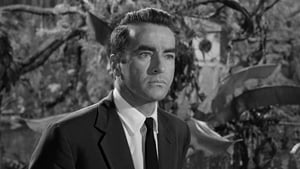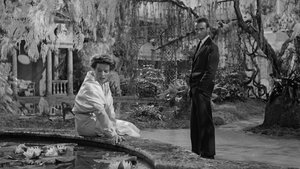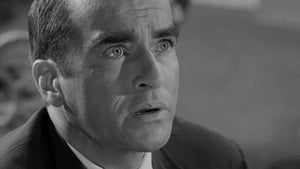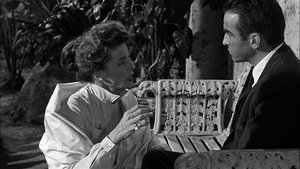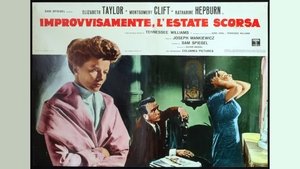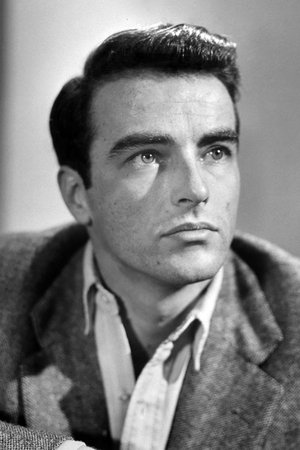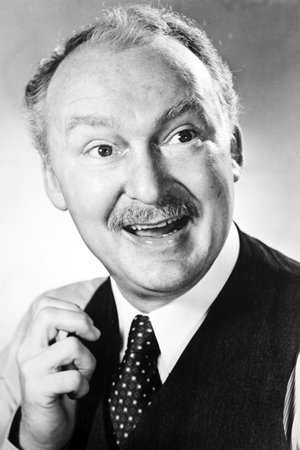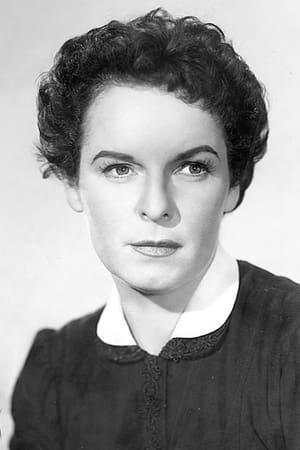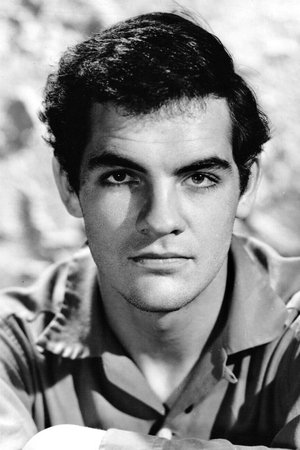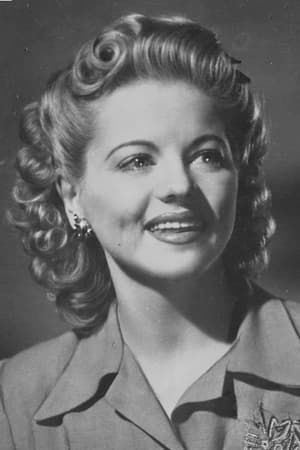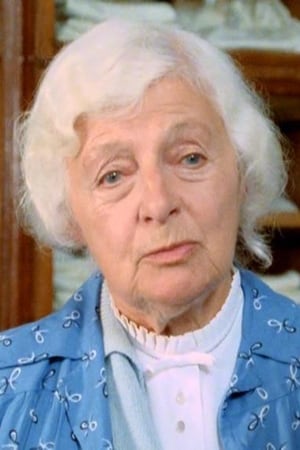-
John Chard
Talk is never cheap when sourced from Tennessee Williams. Millionairess, Violet Venable is obsessed with her now dead son, Sebastian. Sebastian met his untimely end whilst on vacation with his cousin Catharine, an end that has sent Catharine almost to the edge of insanity. Violet, very concerned about Catharine and her hurtful ramblings, enlists brain surgeon Dr. Cukrowicz to see if he will perform a lobotomy on the poor girl, but as Cukrowicz digs deeper, motives and facts come crashing together to reveal something far more worrying. As one expects from a Tennessee Williams adaptation, this picture is very talky, perhaps borderline annoyingly so? Yet it has to be said that for those willing to invest the time with it, the pay off is well worth the wait. Suddenly Last Summer is an odd mix of campy melodrama and Gothic horror leanings, a mix that personally doesn't quite hit all the intended spots. It could have been so different, though, for if Gore Vidal and Joseph Mankiewicz had been given free rein back in this day of code restrictions, well the picture would surely have been close to masterpiece status. This adaptation only gives us little snippets on which to feed, we are aware of the homosexuality of the departed Sebastian, and other hints that come our way include incest, sadism and dubious class issues, but ultimately such strong material is never fully formed. Elizabeth Taylor owns the picture as Catharine, sultry with heaving bosom, she does an excellent line in borderline nut case, all woe is me martyrdom and her final scenes are what pays the viewer off for their patience. Katharine Hepburn plays Violet and manages to chew the scenery and spit it out, it's an elegant performance but you really want more than we actually get! Montgomery Clift is the good doctor, not one of his better performances because he isn't asked to expand the character, just say his lines right, look baleful from time to time and play off Taylor's lead, job done really. It's a recommended film to a degree, certainly one that simmers with an almost oppressive feel, but if the film is one to revisit often? Well that's up for debate and dependent on the viewer's inclination towards dialogue driven films. 7/10
-
tmdb28039023
Howard Hawks defined a good film as “three good scenes and no bad ones.” Suddenly, Last Summer has four very good scenes dominated by one of the two great great actresses who play the leads – or, in one instance, both. These are long scenes but never boring, and we are at all times bolted to our seats, our eyes glued to the screen; Katharine Hepburn and Elizabeth Taylor give different, even contrasting performances – the one as a crazy, rich, old lady who feigns sanity, the other as a traumatized yet sane young woman who is “classified as violent” –, but the result is in either case nothing short of magnetic : we can’t stop looking at Taylor, and we dare not look away from Hepburn (after all of her scenes had been shot, Hepburn reportedly spat in the faces of director Joseph L. Mankiewicz and producer Sam Spiegel). We are drawn toward, and gravitate around, the two of them – not unlike the other characters (as few as one and as many as the rest of the main cast in any given scene), who are little more than bystanders, the actors who portray them VIP audience members fortunate enough to watch a pair of masters of the craft from up-close. Actually, there is one other presence looming large over the proceedings – that of Sebastian Venable, Hepburn’s only son and Taylor’s cousin, whose implied homosexuality Hepburn hopes to cover up by having Taylor lobotomized by Montgomery Clift’s neurosurgeon. As he died before the events of the film, Sebastian is oft-mentioned but never seen other than in glimpses while Taylor flashbacks to the titular last summer. This is not a bad scene, but a good scene with some bad in it; it’s not a full-on flashback with a voice-over narration as much as it is a monologue with visual aids that are unnecessary – for one thing, they are absent from Tennessee Williams’s stage play, and here they detract from the performance; the actress playing the role, whoever it may be, should be able – and Liz most certainly was – to create the imagery with her own language, both verbal and facial. Moreover, there are a couple of background details in the flashbacks that don’t make any sense; for example, a skeleton that becomes an old woman in the next shot – something like this is meant to be a part the character’s recollection of past events, but she herself takes no notice of it, and the people listening to her have no possible way of knowing it’s there at all; the question, then, is why, indeed, is it there? Is Mankiewicz trying to tell us something about her subconscious mind? (and if so, what exactly?). Or was he the one subconsciously – and, thank God, unsuccessfully – trying to sabotage the film? I know I wouldn’t put it past a Mankiewicz.
-
CinemaSerf
Simone Signoret pipped both of these women to the Oscar but Liz Taylor did take a Donatello for her powerful performance in this controversial psychological drama. She is the young “Miss Catherine” who looks like she is destined to go under the scalpel for a lobotomy. Why? Well her ostensibly well-meaning and very wealthy aunt “Violet” (Katharine Hepburn) is convinced that she is a danger to herself and those around her, and so is promising the ground-breaking young doctor “Cukrowicz” (Montgomery Clift) a million dollars for a new hospital building in return for him evaluating and then putting her neice out of her misery. Luckily for the patient, this doctor isn’t so much of a pushover and so determines to dig deeper into this woman’s history. That’s when he begins to learn more of a rather claustrophobic dynamic between “Violet”, her poet son “Sebastian” and this young woman with whom he went travelling once before his untimely, and largely unexplained, demise. Just what did happen and could it be the cause of the trauma for both of the women in his life? Whilst this isn’t really one of my favourite Tennessee Williams plays it does feature some of his best writing and this film really does benefit from a couple of powerfully delivered monologues from the excellent Hepburn, a few equally emotionally-charged ones from Taylor whilst both rather expertly squeeze Clift in as the jam in their respective versions of this same sandwich. One is obviously trying to manipulate the physician, but are both of them? The relationship between the unseen son and his mother has something of an incestuous Greek myth to it and that of the cousins something equally unnerving - especially as we build to a denouement where there are even the vaguest hints of mysticism and dubious sexuality rolled in, too. This plot deals solidly with a still fairly embryonic branch of medical science in quite a brutal fashion, too, as the occupants of the clinic demonstrate quite clearly the “pacifying” effects of this treatment on those who’ve gone before. Whether you believe her purported motives or not, there is something ruthless about the role of “Violet” that Hepburn masters and that Taylor’s “Catherine” convincingly struggles to resist. Whom do we trust? Well it’s the ending that I always found just too left-field and disappointing, but there are three actors at he top of their game here with some potent, and from Hepburn quite pithy, dialogue and I thought this quite gripping cinema.
please Login to add review
